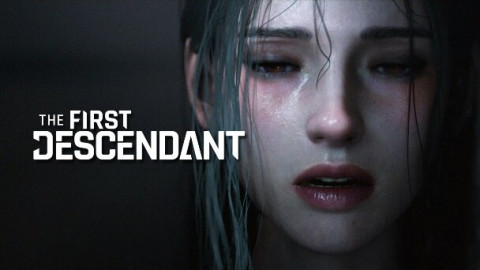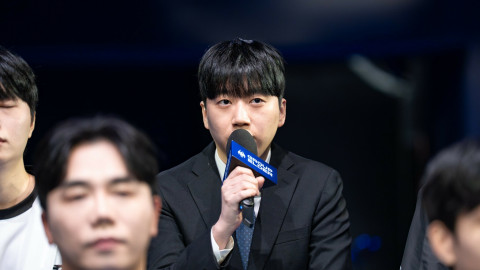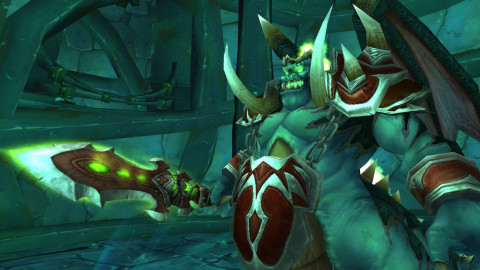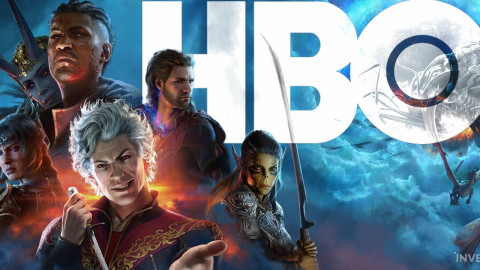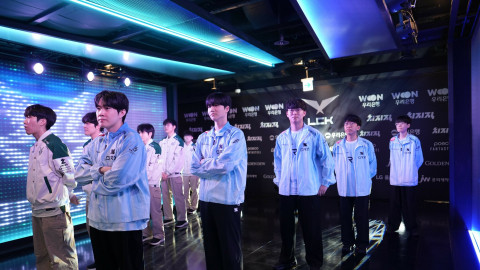
Nintendo might just be having one of the worst weeks of PR in its entire history, and it all starts with Super Smash Bros: Melee.
Specifically, it began with a major Smash tournament called The Big House. The Big House is one of Smash’s longest-running major tournaments. Running for nine years straight, it has existed for half of Melee’s lifespan and longer than many esports have been alive.
On the 18th of November, the lead organizer of the Big House received a cease and desist letter that would force him to cancel the tournament for the first time in nearly a decade. Harn simply did not have the resources to fight a protracted legal battle and established copyright law far from guaranteed him a legal victory.
Harn claimed they received the cease and desist for using Slippi. Slippi is a mod that vastly improves Melee’s ability to be played online, elevating the game to one of the most competitively viable online fighting games. Slippi gave Melee a second wind in the online era, so the Melee community was quick to defend it.
Then, Nintendo released a statement that claimed the cease and desist didn’t come due to Slippi. It came due to online Melee running on the PC, thus requiring ISO files which sometimes come from pirated copies of Melee. Nintendo framed their cease and desist as a fight against piracy, even though Nintendo no longer sells copies of Melee and the ISO files could be obtained from legal copies.
Nintendo’s framing possibly came from thinking an anti-piracy statement would look better than an anti-modding statement. Especially since the mod in question was doing a better job of creating online matchmaking for Smash than the billion dollar company had managed thus far. The anti-piracy statement, in Nintendo’s eyes, might have seemed safer.
What Nintendo may not have realized is, this was much, much worse for Melee. Nintendo’s reasoning now gave them carte blanche to cancel any Melee tournament, presenting a raw existential threat Melee had to fight to avoid either a massive contraction or the outright death of the esport.
The Melee community fired back with the #FreeMelee hashtag, which reached trending. The social media campaign brought attention to Nintendo’s draconian response, which quickly became unpopular and criticized across gaming circles. The Melee wanted to make it clear that fundamentally disallowing Melee sports events online would at least cost the company in reputation.
To follow up on the social media push, leading voices in the Melee community began organizing. Melee commentator turned popular streamer, Ludwig Ahgren, quickly put out a very public notice that he’d be hosting an online charity tournament running Slippi. The Melee community wanted to test how far Nintendo would take their recent stance against ISO files and Slippi and to push the bad PR further. Ahgren (humorously) outlines the PR strategy in the clip below.
While Melee was being existentially threatened by Nintendo, the newest Smash title, Ultimate, wasn’t. This is a very normal dynamic for Smash, where Nintendo does little to support but does not hurt the esports arena of their new Smash title. So many in the Smash community thought until an anonymous tip suggested otherwise.
An anonymous source claimed that Nintendo had not only sabotaged Melee but had actively kept down Smash as an esport. Nintendo purportedly worked alongside several major production companies in esports, promising to create a wider league and infrastructure for Smash. Only to use these ties to manipulate community leaders.
The most notable example is a mod called Project M. Long story short, Project M made Super Smash Bros Brawl play more like Melee and created a bridge game between Melee and Brawl. Nintendo promised multiple influential parties that the cancellation of Project M could lead to Nintendo investing directly in an esports league, increasing prize pot, broadcast, and competitive infrastructure.
When Project M had been removed from most major tournament streams, Nintendo left the table. The anonymous report detailed several moments where Nintendo leadership manipulated the competitive Smash community in a similar way. A myriad of organizers, community leaders, and players came forward to corroborate the report and decry Nintendo with a new hashtag - #SaveSmash.
None of this occurs in a Smash vacuum either.
The competitive ARMS community released a statement that painted Nintendo as borderline incompetent when it came to running esports events. Shortly later, some teams in the competitive Splatoon community changed their names in order to support the SaveSmash movement. In response, the livestream of their final day was cut. The Splatoon community took this news to Twitter and ended up crowdfunding a tournament with a larger prize pool than Nintendo offered.
At the same time, Nintendo recently pushed out a wave of copyright strikes on videos containing pieces of their games’ soundtracks. They began issuing strikes back in August of last year but the sudden wave of new ones brought the company an additional wave of ire.
Inside this general chaos, Nintendo announced Sephiroth as their new DLC character for Ultimate and a legendary documentary series about Melee announced that it would resume on December 11th. The Smash community has taken the momentum and ran with it, planning to do a full week of content, discussion, and competitive matches - called 5 Days of Smash.
The next few months were initially set to be a battlefield between Nintendo and the competitive Smash community. Now, the next few months are set to be a battlefield between Nintendo and most of its hardcore and competitive gaming communities.
For the wider audience, this whole conflict might seem trivial and odd. In reality, this battle might be the most generally important event that occurs in esports this year.
In the world of sports copyright law doesn’t necessarily extend the inventor of the game a heavy control over the competition. James Naismith invented basketball but it would be unimaginable that Naismith owned basketball as a sport.
In the world of esports, control and ownership of the entire competition is still up in the air. Theoretically many companies could do what Nintendo does but they don’t, because it doesn’t make sense to. Valve makes more money off of Counter-Strike as a sanctioned game than as a mod.
Most major esports exist because a developer understands the value of esports. Whether an esport springs from community innovation or from direction developer intention, they live by the developer and can die by the developer.
If Smash can make the cost of Nintendo’s cease and desist letters and various interferences too high to be worthwhile, then we will truly see something historically unique: an esport that separated from its developer. This would be an entire competitive ecosystem that grew large enough that it could force back the developer that made it and play on its own terms.
This may seem like a niche conflict but make no mistake: Whoever wins here, whatever the result is, it means so much for esports.
Sort by:
Comments :0


